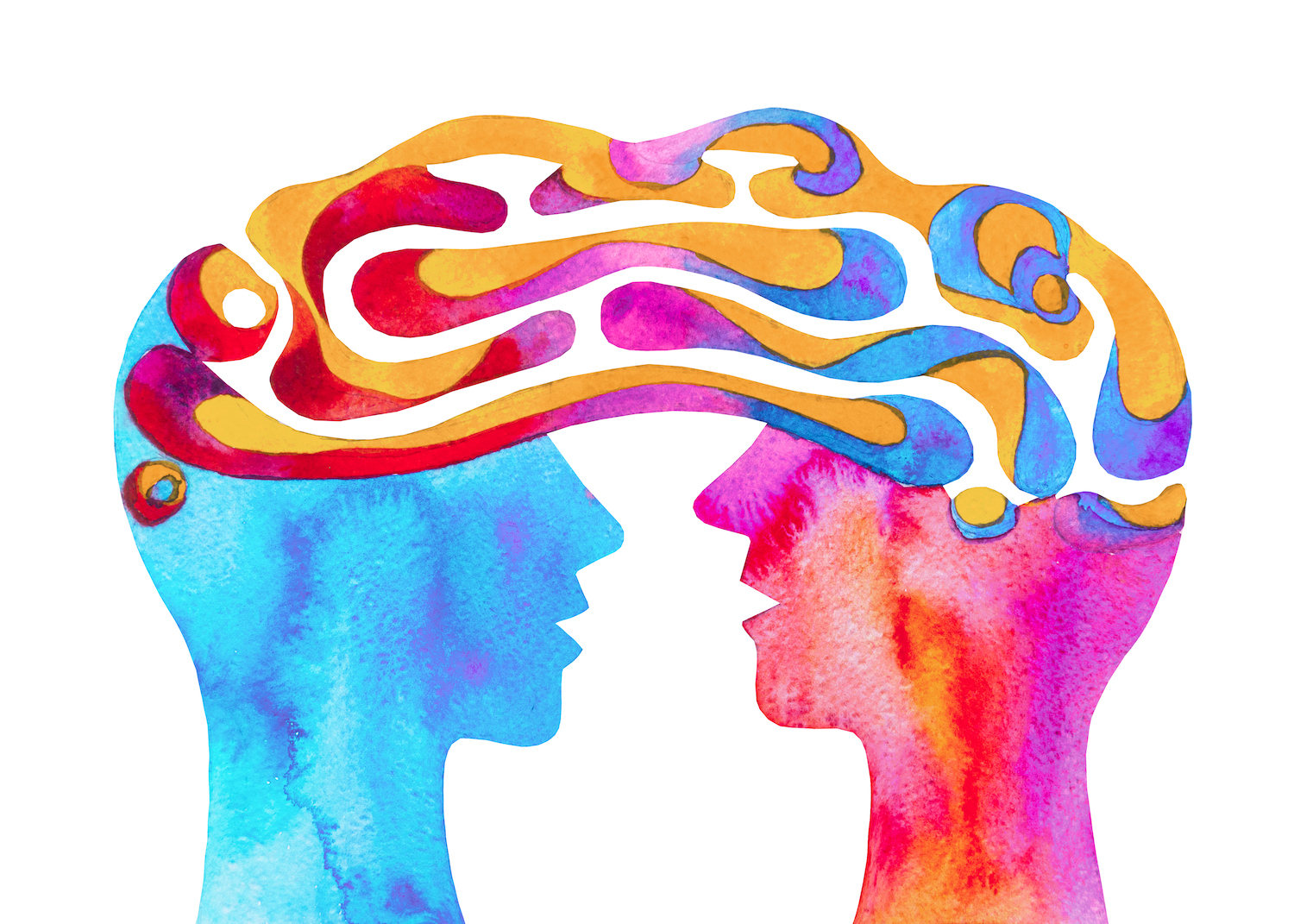
Why we must teach AI to empathize with us
Reading Time: 4 minutesAI is a far cry from achieving sentience or world domination.
As a computer engineer immersed in AI for more than 15 years, I’ve witnessed the remarkable growth of AI technology firsthand, especially over the past 12 months. However, let’s not forget AI — and particularly generative AI — is still in its infancy.
While the maturity of AI is accelerating at an unprecedented pace, it’s critical to recognize that it’s a work in progress. As we explore the potential of AI, there are more pressing risks to consider than world takeover.
Fortunately, those imminent hazards are much more mundane.
Companies risk frustrating customers and workers if they fail to invest in and develop a new generation of AI bots with the ability to recognize and interpret human qualities. With a human-centric approach, it becomes easier for all users to view AI as a helpful tool that enhances experiences — and be less fearful about its integration into daily operations and daily life.
Why AI scares us
AI is an impossible person. It possesses more knowledge about humans than any single person ever could. Large language models like those that power GPT-4 are designed to consume everything. Every book, Reddit thread, company blog post, public government record — the list is endless.
Similar models built for business intelligence and customer support can seamlessly sift through millions of data points stored on a company’s servers. Whether it’s subtle intricacies of a customer’s purchase history or sentiment trends in client communications with chatbots, AI has the capacity to instantly identify, analyze and take action on information it would take humans years to manually process.
Understandably, many people find AI’s vast knowledge unsettling. So, to make AI more relatable, companies and developers have focused on creating AI chatbots with names and personalities. But the problem with anthropomorphizing AI is that it reinforces fears that AI is becoming an agent with independent thought. What’s more, assigning AI bots personas does little to improve user experience outside of very specific use cases (largely for providing companionship).
Instead, AI advancement should focus on qualities that enhance its utility, such as improving context awareness, empathy and customization, allowing users to feel more supported and understood in their interactions with AI.
The future of AI is empathy, not automation
Rather than dedicating resources to fine-tuning Alexa’s or Sydney’s ‘personalities,’ tech companies should focus more on developing humanized AI.
What’s the difference? Humanized AI attempts to interpret a user’s emotions and sentiment and tailor its response to the user’s unique needs. This type of programming enables AI bots to genuinely assist humans in a way that fosters more meaningful and natural interactions. In essence, it enables AI to simulate empathy for human users.
Imagine a first-time home buyer applies for a mortgage and the lender uses an AI tool to automate the process of gathering and processing financial information. Having never purchased a home before, the applicant is unfamiliar with the process and confused about the documents they need to submit.
With a traditional AI automation tool, the user might receive technical and repetitive responses, exacerbating their confusion and frustration. In contrast, a humanized AI recognizes the user’s confusion, responds empathetically and offers personalized guidance, making the process less intimidating and more user-friendly. This ‘human’ touch enhances the overall applicant experience and increases the likelihood of a successful interaction.
AI isn’t coming for our jobs
Adopting more humanized AI doesn’t mean human workers will be replaced. Yes, some jobs will gradually grow obsolete, but new ones will emerge to fill the void. The same trend has repeated throughout history with the advent of every major technology, from the printing press to the internet.
Instead, companies and workers should appreciate AI for what it is — a powerful tool that can augment their strengths and compensate for their weaknesses.
AI’s applications go beyond increasing productivity, like streamlining decision-making processes and automating tasks. Its true benefit comes from enhancing employees’ capabilities — like a writer who uses GPT-4 to spark their creativity or a recruiter who uses AI to identify stronger candidates from a wider pool. And those benefits are only compounded if AI is humanized and empathetic.
Rather than doing our jobs for us, AI can make all of us better at what we do — no matter what that is — so we can achieve better results and ultimately feel more fulfilled at work.
We don’t need AI to be more like humans — we need it to recognize our humanity
The potential of AI technology is vast, comparable to the transformative impact we’ve seen with cloud computing and the internet. And like the internet, it is poised to revolutionize how we conduct business, make decisions and engage with one another.
However, these changes will be gradual, allowing us the time to adapt and harness AI’s benefits to their fullest potential. As we integrate AI into various aspects of our lives, from customer service to healthcare and beyond, it becomes imperative that AI systems align with our values and needs.
To achieve this alignment, we must prioritize the development of humanized AI. This means designing AI systems that not only perform tasks efficiently but also understand human nuances, adapt to individual preferences and enhance our daily experiences. By fostering this symbiotic relationship between humans and AI, we can use it to augment our work and interactions without fear.
Reference: https://techcrunch.com/2023/10/20/why-we-must-teach-ai-to-empathize-with-us/
Ref: techcrunch
MediaDownloader.net -> Free Online Video Downloader, Download Any Video From YouTube, VK, Vimeo, Twitter, Twitch, Tumblr, Tiktok, Telegram, TED, Streamable, Soundcloud, Snapchat, Share, Rumble, Reddit, PuhuTV, Pinterest, Periscope, Ok.ru, MxTakatak, Mixcloud, Mashable, LinkedIn, Likee, Kwai, Izlesene, Instagram, Imgur, IMDB, Ifunny, Gaana, Flickr, Febspot, Facebook, ESPN, Douyin, Dailymotion, Buzzfeed, BluTV, Blogger, Bitchute, Bilibili, Bandcamp, Akıllı, 9GAG